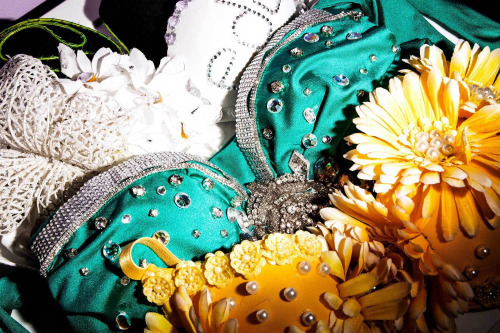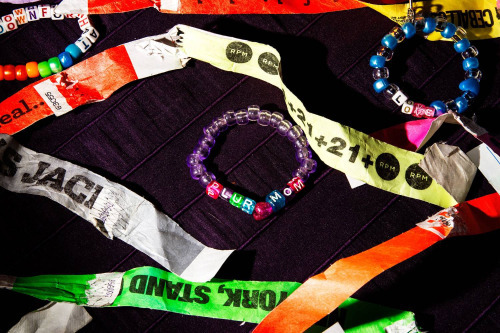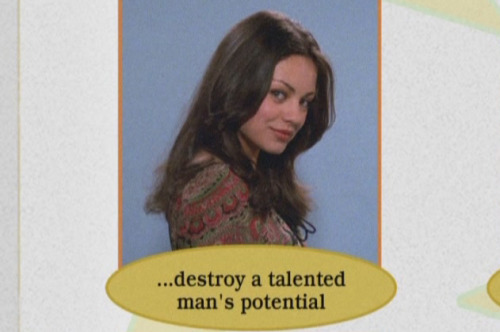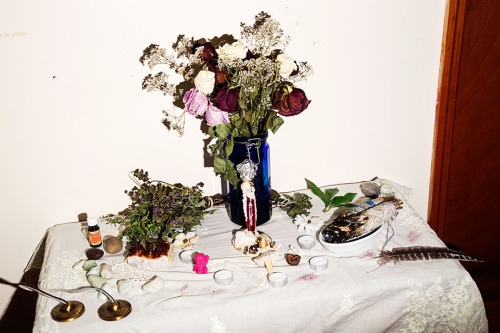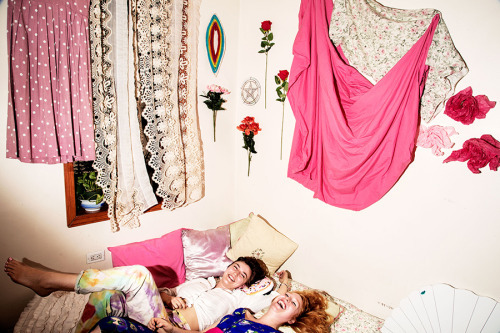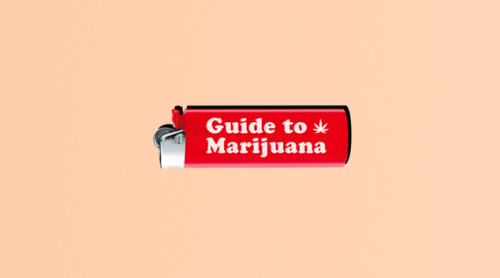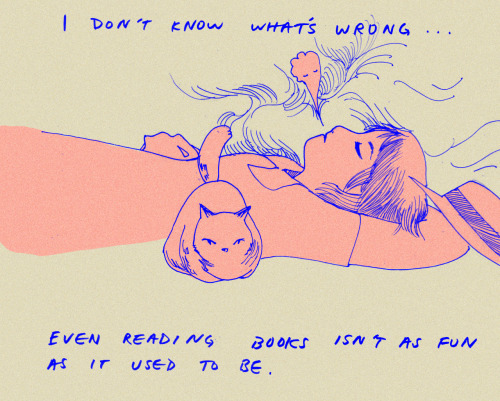Gabby Bess's Blog, page 5
August 25, 2015
"I think representation is how people are seen. It’s fundamentally about how the world sees us...."
“I think representation is how people are seen. It’s fundamentally about how the world sees us. In terms of domestic work, the way these women were seen was so utterly central to the way they were marginalized. Because houseworkers were seen as maids and servants, the mammy stereotype promoted the idea that they purely existed to serve white families and had no families of their own. That representation of the African American woman as a mammy defined the occupation for so long that I think transforming that representation or that self-presentation was really the crux of this movement. That’s when the women said, ‘we are not maids, we are not servants, we are not nannies, we are household technicians.’ “Household technician” is a slightly awkward term, but I think what it really symbolized for houseworkers is how their labor was skilled labor. Their labor was utterly important labor and it was work that needed to be valued.”
- How Black Domestic Workers Organized Without ‘The Help’
- How Black Domestic Workers Organized Without ‘The Help’
Published on August 25, 2015 13:07
August 17, 2015
August 14, 2015
August 11, 2015
"It’s great that sex workers can finally feel like they are listened to. This is huge...."
“It’s great that sex workers can finally feel like they are listened to. This is huge. We’ve been fighting for this for years.”
- I spoke to sex workers and sex work allies on Amnesty International’s vote to support the decriminalization of sex work.
- I spoke to sex workers and sex work allies on Amnesty International’s vote to support the decriminalization of sex work.
Published on August 11, 2015 13:52
August 10, 2015
The Broadly Guide to Marijuana
Published on August 10, 2015 12:27
"Some weekends growing up, while other girls would finally make time to idly paint their nails or sit..."
“Some weekends growing up, while other girls would finally make time to idly paint their nails or sit with a pore-purifying face mask on, I would sit on my parents’ couch with clothespins, up to three at a time, clipped to my nose, waiting. It was my “treatment”; after ten or 15 minutes spent repositioning the clothespins when one spot became too tender, I would emerge feeling like the painful wooden prongs digging into my skin had done…something. The placebo effect was wonderful for me. I would attempt to measure my progress and delude myself into thinking that the logic in this was as sound as braces for bucked teeth. (I needed those, too.)
For the most part, I attempted to partake in the rituals of girlhood like there was nothing different between me and the white girls who lined the bathroom between classes, smearing on far too much eyeliner. But sticking clothespins on my face wasn’t something we could all talk about, laugh about, or share techniques for. It was a beauty ritual that I did alone, underscoring difference and the allure of eliminating it. This came with a pang similar to the one I would get when a friend would put her glaringly white arm up to mine and marvel at the progress of her voluntary tan. (“I’m almost your color!”) All girls “become flesh,” Simone De Beauvoir writes in The Second Sex, but then there are some who are never let to forget that this flesh is brown.”
- I Feel Bad About My Nose
For the most part, I attempted to partake in the rituals of girlhood like there was nothing different between me and the white girls who lined the bathroom between classes, smearing on far too much eyeliner. But sticking clothespins on my face wasn’t something we could all talk about, laugh about, or share techniques for. It was a beauty ritual that I did alone, underscoring difference and the allure of eliminating it. This came with a pang similar to the one I would get when a friend would put her glaringly white arm up to mine and marvel at the progress of her voluntary tan. (“I’m almost your color!”) All girls “become flesh,” Simone De Beauvoir writes in The Second Sex, but then there are some who are never let to forget that this flesh is brown.”
- I Feel Bad About My Nose
Published on August 10, 2015 10:41
August 8, 2015
broadlytv:
Revisiting Michele Wallace’s Essential Black...

Revisiting Michele Wallace’s Essential Black Feminist Text ‘Black Macho’What could be worse than a feminist? A black feminist, it turns out.
Published on August 08, 2015 15:50
August 6, 2015
Why Do Teen Girls Like Gay Porn?
Published on August 06, 2015 09:21

